I have project with large database. To parse it I use java with G1 garbage collector. When program runs for a long period of time java begins to consume a lot of memory. But when I check java heap the size is much smaller. For example:
- Java take 20 Gb of RAM
- "jmap -histo" - shows me that heap is about 5 Gb of RAM
Question: what is taking the rest of my RAM? Is this overhead of G1?
Edit: Here is stats
java procces: allocated ~50gb, consumed ~20gb
jmap info: heap size ~4gb

